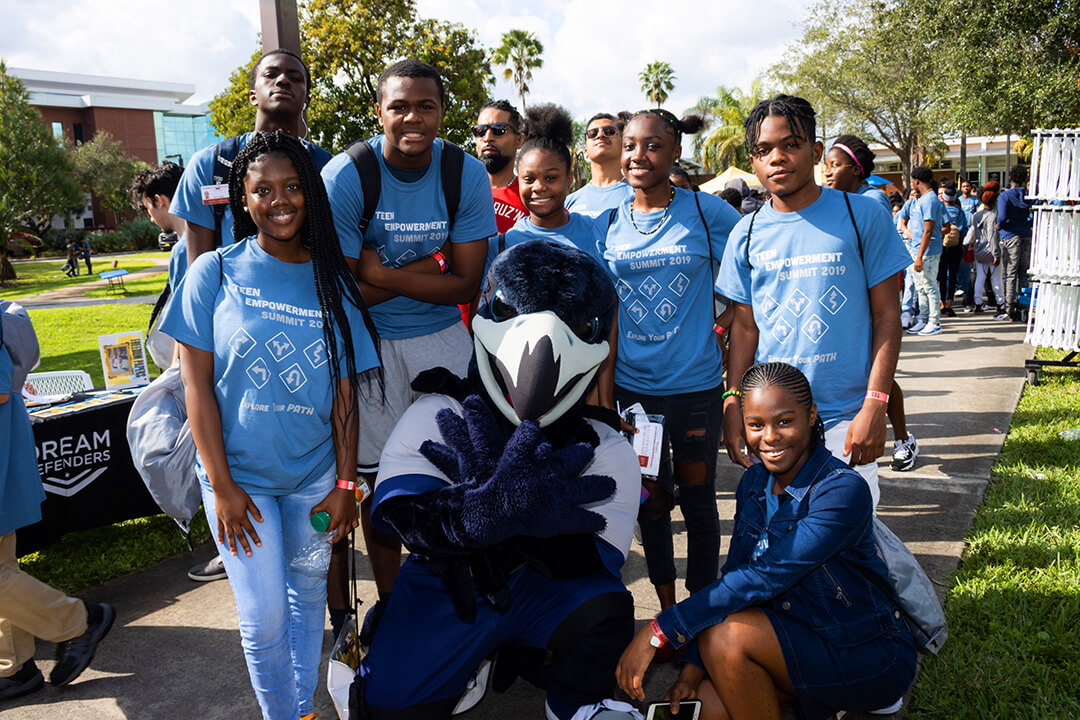Many colleges have adopted guided pathways reforms—that is, reorganizing the student experience so that everyone has a clear destination, an organized path to get there, and effective support along the way. Broward College adopted guided pathways early and remains a national exemplar. Every major comes with a program map that lays out each course to take, not just to graduate but, for transfer students, to attain a bachelor’s degree efficiently. Milestones define what advisors should help students do and know at specific points along their progression. Technological tools help ensure that students are taking the right courses and meeting those milestones and, when they do fall off track, help advisors be proactive about providing support.
For all colleges—and especially one with more than 60,000 students—sustaining such efforts requires making difficult choices about resource allocation. Broward College recently implemented a process through which the college evaluates the costs and benefits of hundreds of programs in order to shift resources to those with the greatest impact on equitable student success.
This has involved some difficult decisions. For example, an analysis of the athletics program showed that the college was spending $11,000 per student on an athletics program that only served 147 students. After making the hard choice to eliminate athletics, the college is rerouting those funds to halve the student-to-advisor ratio from 700-to-1 to 350-to-1, embed tutors in hundreds of courses with the highest failure rates, and establish food pantries on each campus.
Another key investment in student success is training new faculty in an evidence-based model of effective online pedagogy, provided by the Association of College and University Educators (ACUE). An independent study found that the outcomes gap between Black and white students was halved for those in courses taught by ACUE-certified instructors, while the gap for students from low-income backgrounds was eliminated. These results are especially important at an institution where 68 percent of students are students of color (compared to 27 percent of community college students nationally) and 49 percent come from low-income backgrounds (compared to 36 percent nationally). The training proved timely amid the COVID pandemic, said Kalena Armstrong-Henry, an accounting professor. “It’s very appropriate for what’s going on now—remote teaching—and learning how to engage students and help them persist online.”
The intentionality with which Broward College’s leaders allocate resources to equitable student success is also reflected in a significant new initiative, Broward UP. Through partnerships with local government and nonprofit organizations, Broward UP provides free workforce training, career advising, and other student supports in communities with high unemployment, high rates of poverty, and low educational attainment. The short-term credentials lead to in-demand jobs, offering a viable path out of poverty for thousands of individuals.
“It is incumbent upon us at the only public institution of higher education based in Broward County to ensure that we are reaching every corner, every crevice of this community,” said Gregory Haile, the college’s president since 2018. “If we are going to truly optimize our mission, we have to say and live the ideal of serving those who need us most.”
